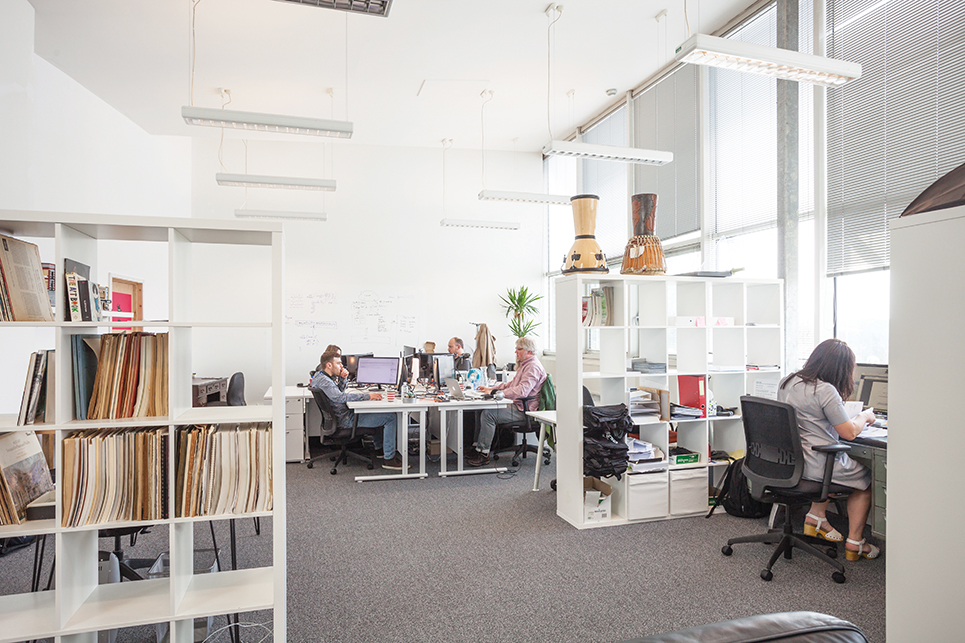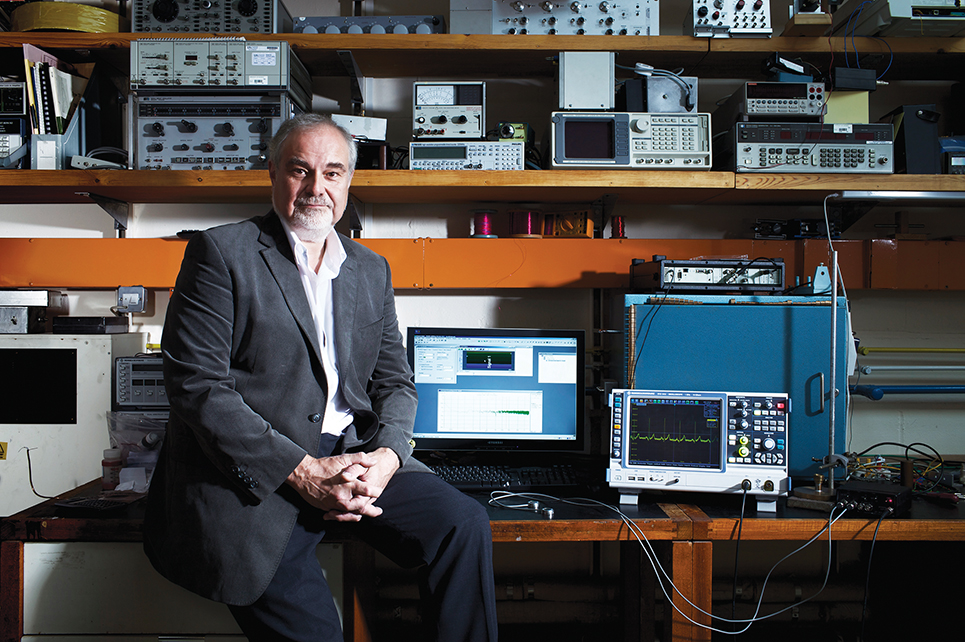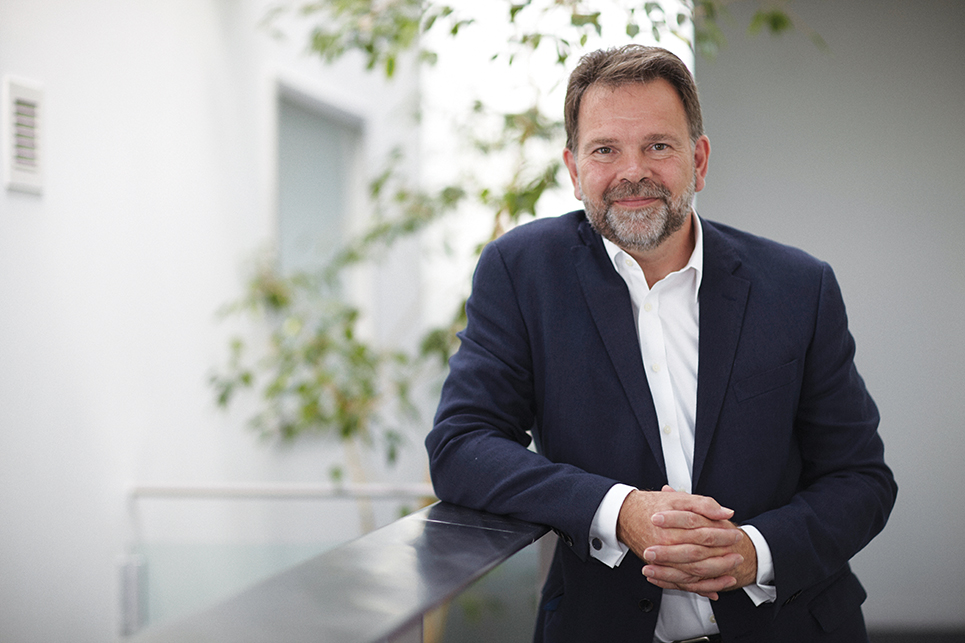
The Sussex Innovation Centre, based on the University of Sussex campus, has secured a European Regional Development Fund grant for £600,000 to part-fund the launch of a new open innovation network across the ‘Coast to Capital’ region.
BRAIN – the Business Research Academic Innovation Network – will run until 2020, helping innovative local start-ups and researchers to connect and collaborate with the large organisations and corporates based in the region. The partnerships will be facilitated by the experienced commercialisation team based at Sussex Innovation’s two hubs, on the University campus in Falmer, and in East Croydon.
Sussex Innovation will look to build on its existing portfolio of product and service innovations that are currently being developed in the region and further afield, and match these with relevant commercial partners. The Coast to Capital LEP covers Brighton & Hove, Croydon, East Surrey, West Sussex and the Lewes District.
“Most large organisations are keen to develop new ideas, but have no process for bringing in innovations from outside,” said executive director, Mike Herd. “Internal R&D certainly has value, but it tends to be incremental in nature, rather than creating a step change within the business like an entirely new idea can. It’s very hard to dedicate time and resources to more disruptive ideas, because you need to focus on what’s most essential to the business.
“The biggest, most successful companies realise this – it’s why initiatives like Google Campus and EDF Blue Lab have started to appear – but there are still lots of large businesses that can’t afford to risk that kind of investment. BRAIN will provide a network for those businesses to interact with innovators from outside of their current sector, introducing truly disruptive technologies, products and services.”
Partners in the scheme will be expected to participate in a process of collaborative product development – not simply signing retail agreements, but acting as ‘customer mentors’ to help shape the progress of new products and services. As well as making direct introductions, Sussex Innovation will host a series of roundtable discussions and pitch events, starting in the autumn, to identify areas of opportunity around specific sectors of technology.
“Sussex Innovation’s vision for the BRAIN project to grow the local innovation sector through supporting small to medium sized businesses aligns well with the aims of Coast to Capital,” said Jonathan Sharrock, chief executive at Coast to Capital. “It is exciting to think that innovations with a truly global reach could be developed on our doorstep through BRAIN.”
Visit www.sinc.co.uk/brain, or email brain@sinc.co.uk.
Case Study: Plessey Semiconductor
Sussex Innovation has a long track record of partnering with large organisations to commercialise new innovations and applied research. Plessey Semiconductor is a UK-based microchip manufacturer. In 2012, the company procured a license to manufacture and market electric potential sensor technology developed by Professor Robert Prance and his team at the University of Sussex.
“We’ve worked closely with the team at Sussex Innovation for several years,” said Dr Keith Strickland, the company’s CTO. “When they first came to us they took the time to fully understand our requirements, and were very clear in their explanations of where the technology stood and where it could be applied. The relationship extends beyond your typical licensing deal for IP - we still call on their expertise for things like market research to this day, and we continue to work alongside Professor Prance to develop the technology for several different commercial applications.”
Want to find out more?
If you are an innovator looking to connect with corporate partners, or a large organisation looking to access the fundamental innovation happening in Sussex and the South East, contact Sussex Innovation to arrange an exploratory meeting. The Sussex Innovation network comprises an active portfolio of more than 200 innovative technologies, products and services being developed by early-stage start-ups, and researchers from the University of Sussex.







